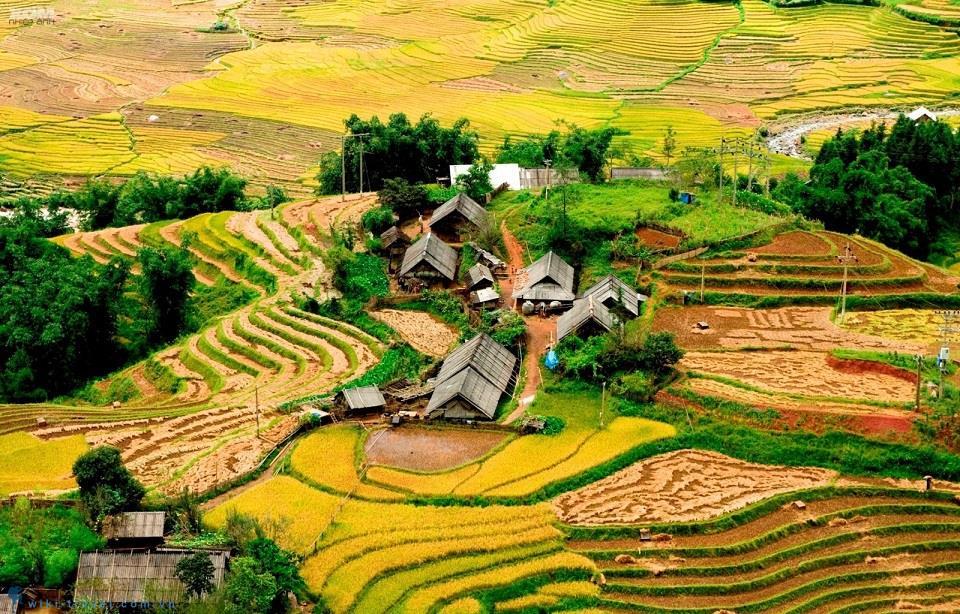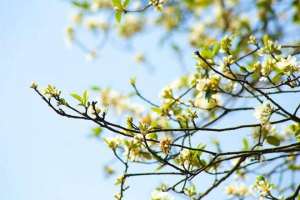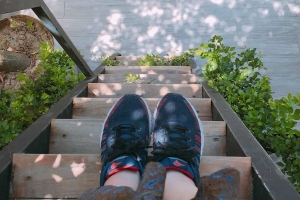A Sapa Itinerary for Sustainable Travellers
Day 1 - Coffee, Creativity and Views
Morning: An Introduction to
Sapa Town
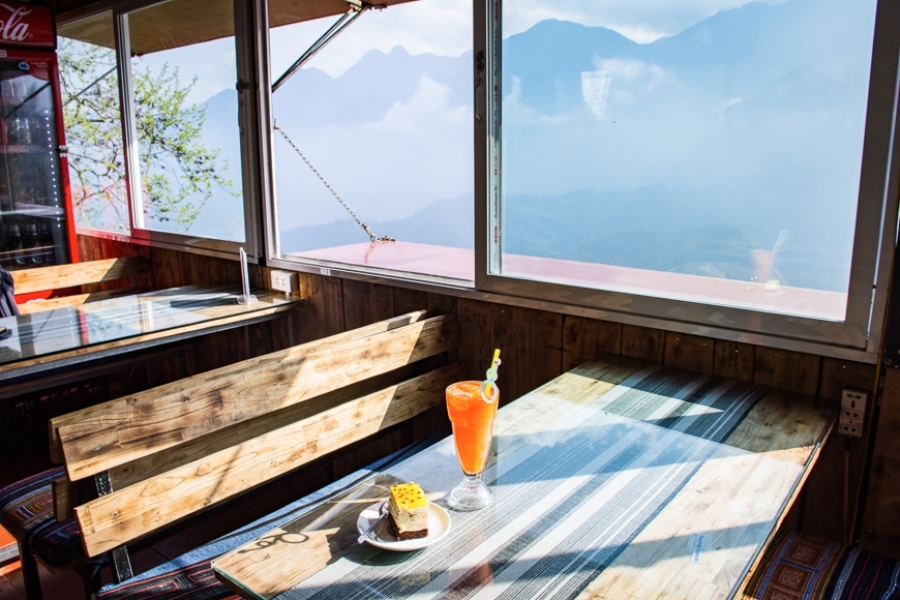
Snack with a view at Fansipan Terrace Cafe
Spend
your first day in Sapa seeing the town before you head into the mountains.
Tourism in this part of Vietnam has boomed since the late 1980s, and Sapa can
feel overwhelming when you first arrive. Take a moment to settle in with coffee
or tea and a spot of people watching in the town centre.
TIP: For coffee and
patisserie, the local “go-to” is Le Gekko on Ngu Chi Son. This pretty spot near Sapa Lake
serves delicious snacks and hot espresso. Cong Cafe on Xuan Vien is part of Vietnam’s most
nostalgic coffee franchise. Take your pick from a variety of creamy drinks, hot
teas and sweet sugar hits.
Afternoon: Ethnic Culture
Learning
a little about local culture is a great way to start your time in Sapa. While
the town is undeniably busy, life outside is as traditional as ever. Many
minorities in this region still wear their ethnic costumes, live in simple
villages and embrace ancient customs.
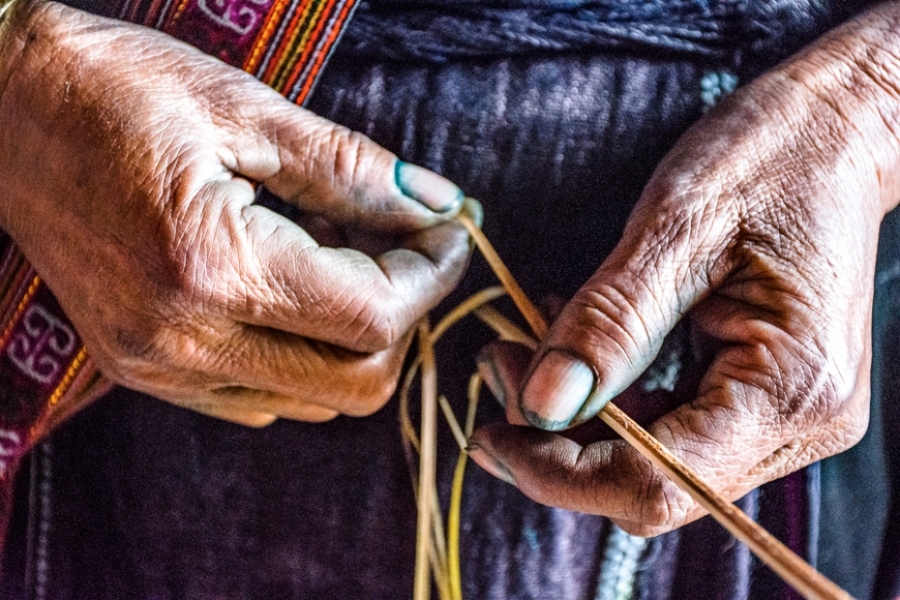
The Black H’mong are known for intricate, handwoven
clothes
For
an afternoon activity, get to know the H’mong ethnic group by signing up
for an ethnic
cooking class where you can learn authentic recipes from a
H'mong chef; or try your hand at H’mong batik or indigo dyeing. H’mong
coats and skirts can take years to make. Each one is tells the story of the
person who made them.
TIP: Hill Station
Restaurant on Fansipan Street offers cooking classes in authentic Black H’mong
cuisine (book online in advance.) Social enterprise ETHOS - Spirit of the Community teaches
immersive all-day classes in H’mong batik, and IndigoCat leads
four-hour H'mong batik classes.
Evening: Sunset Above Sapa
After
a creative afternoon, make your way to the Fansipan Terrace
Cafe for a slice of their famous passionfruit cheesecake and
spectacular mountain views. You can work up an appetite with a walk back to the
town square, or join a game of da cau with the locals.
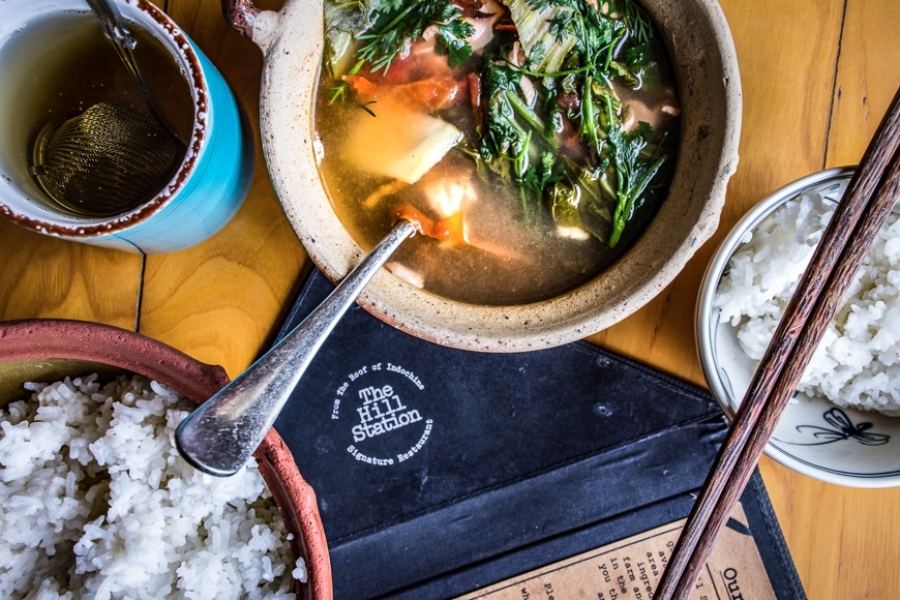
Vietnamese cooking at Hill Station Restaurant in Sapa
Town
For
dinner, spoil yourself with a fantastic Vietnamese meal of Sapa dishes at Hill Station Signature Restaurant before turning in for
an early bed.
Day 2 – Mountain Trekking and Ethnic
Homestays
Morning: Trekking
Essentials
Wake
up early, put on your hiking shoes and plenty of layers because today, you’re
going on a trek! Although there are countless tour companies in Sapa,
you’ll want to travel with those that highlight the best of Sapa’s cultural
assets. Leave your luggage behind and just bring the bare essentials.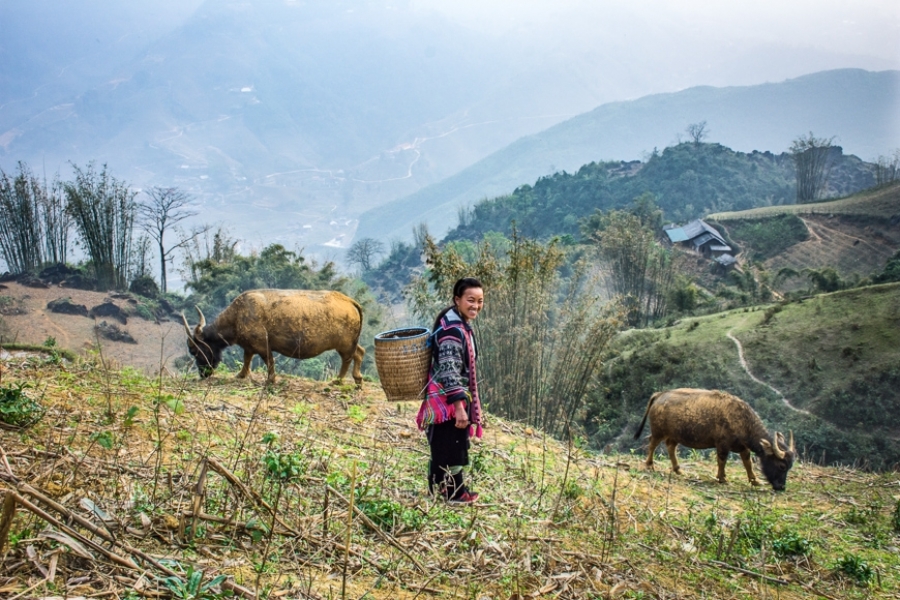
A female guide from ETHOS tour company in Sapa
Before
you head off, talk with your guide to decide on an itinerary that suits you.
You may like to spend more time walking in the mountains, or learning about
life in the villages (This itinerary follows a 24-hour tour, but you can also
book half-day or two-day tours to match your schedule.)
TIP: Sapa Sisters and
ETHOS are both known for excellent tailored tours led by local guides.
These homegrown tours will give you context for your adventure, plus info about
Sapa’s history and the reality of life for its ethnic minorities today.
Ready
to hit the trails? Most treks begin with a walk to the wet market to buy
food for your trip. Then, it’s an invigorating walk through the hills, full of
exquisite panoramas and sweet mountain air. Follow your guide along winding
paths, stopping for pictures along the way. At lunch, you can watch your meal
being cooked over an open wood fire. Everything in Sapa is grown in the hills
nearby, so you’re sure to eat well.
Through
the afternoon you may find yourself walking to other scenic points or visiting
small villages. Come nightfall, you’ll be welcomed at a clean countryside
homestay. Sit around the fireplace, nibble on rice cakes, laugh through
language barriers and enjoy a glass of home-brewed rice wine with your new
friends.
Day 3 – Spas and Shopping
Morning: Herbal Bathtime
In
the morning, wake up to the sound of your host family bustling about, feeding
their livestock and fixing breakfast. Step outside to be greeted by the wind in
the trees and the mist over the mountains. As the day warms up, put your hiking
shoes back on and set off with your guide again.
After
two days of cultural immersion, it’s time to immerse yourself in something a
little different.
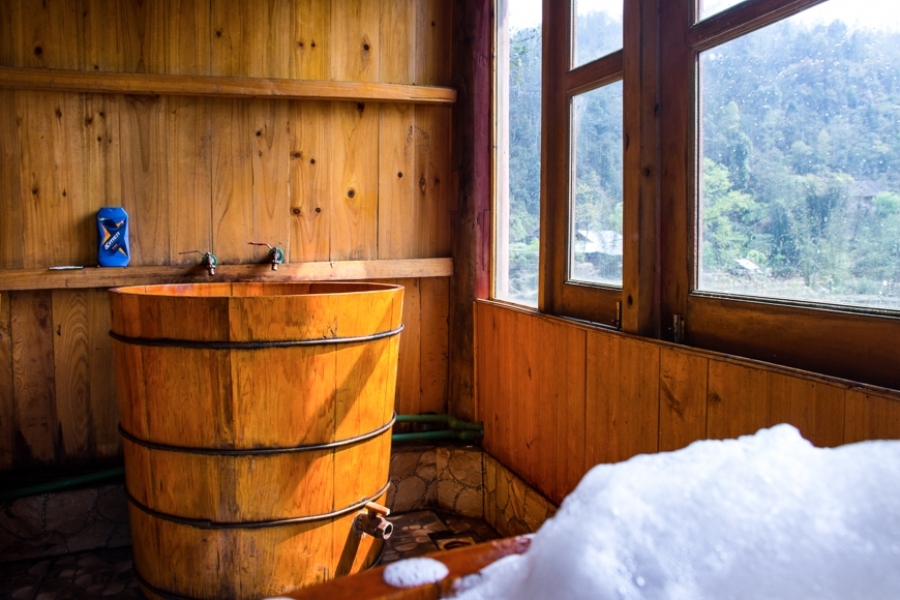
Views from the Sapa-napro bathhouse in Sapa
You
can reach the Sapa-napro bathhouse
on your tour, go with a Red Dao guide or travel there by taxi (VND500,000
round-trip.) The roads to the bathhouse are challenging and the region is
beautifully remote. Once you arrive, soak in a barrel full of bubbly, piping
hot liquid, then enjoy a late lunch in gorgeous Ta Phin Village. Fresh and
silky smooth, head back to town for a last afternoon in Sapa.
TIP: Sapa-napro, about
an hour’s drive away from Sapa town, is a traditional Red Dao bathhouse where
you can slip into your choice of soothing herbal baths for just VND 120,000
($5USD.) For something closer to town, the spa at Victoria Sapa Resort & Spa also features Red Dao
herbal baths.
Afternoon: Sapa Handicrafts
Get
your wallet out and pick up a perfect memento from your time in Sapa. For
authentic souvenirs, visit the back of the top floor in Sapa Market where
ethnic minority people sell handmade products at very reasonable prices. For
quality bags, clothing and fabrics with flair, check out the displays at IndigoCat.
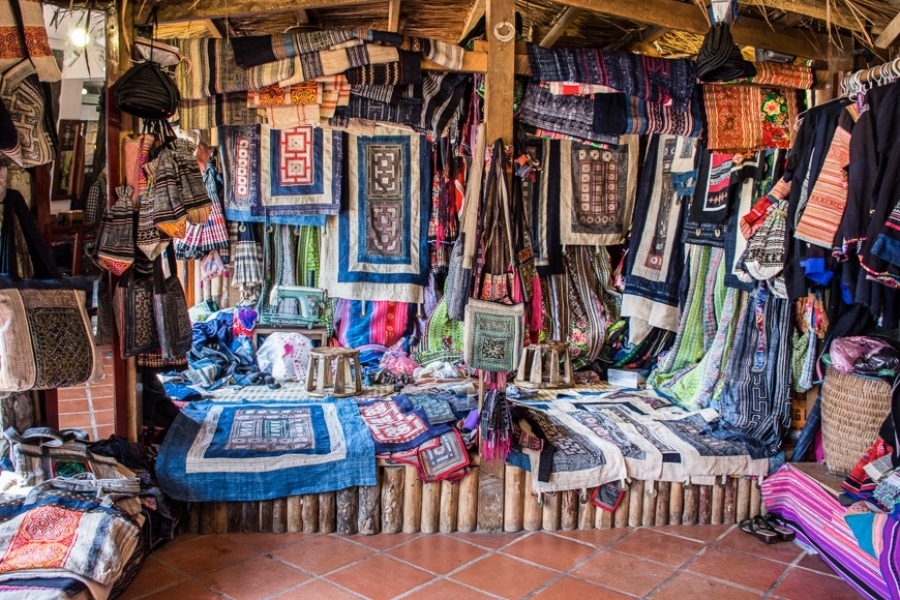
Sapa is known for colourful textiles woven by ethnic
minority women
Shopping
over, it’s time for a final stop before your journey back to Hanoi. Treat
yourself to a sumptuous dinner at the vintage-inspired Ta Van Restaurant in Victoria Sapa. Ta Van’s local chefs
transform the region's freshest ingredients into tempting Vietnamese
dishes – served with a view of Fansipan Mountain in the distance. Soak in the
magic of this highland town and its beautiful people once more, and raise your
glass to three days of adventure.
Transport to Sapa
There
are several options for transport to Sapa from Hanoi. The most luxurious way is
on the Victoria Express Train, while shuttle buses and the night
train are popular budget options.
- Tour Bus from Hanoi to Sapa - Hop on a
tour bus for a six hour scenic drive, with a drop off in Sapa town (around
VND450,000.)
- Private car from Hanoi to Sapa –
Chartering a four-seater car with a driver from Hanoi to Sapa will cost you
about VND3.5m one way. The drive is about five and a half hours.
- Train from Hanoi to Sapa – Tickets for
the night train from Hanoi to Sapa start at VND900,000. The trip is 10 hours,
and you’ll also need to take a shuttle (VND50,000) from the Lao Cai train
station to Sapa town.
- Shuttle Bus from Hanoi to Sapa – A
number of shuttle services make the trip daily from Hanoi to Sapa. Tickets cost
about VND450,000.
-



